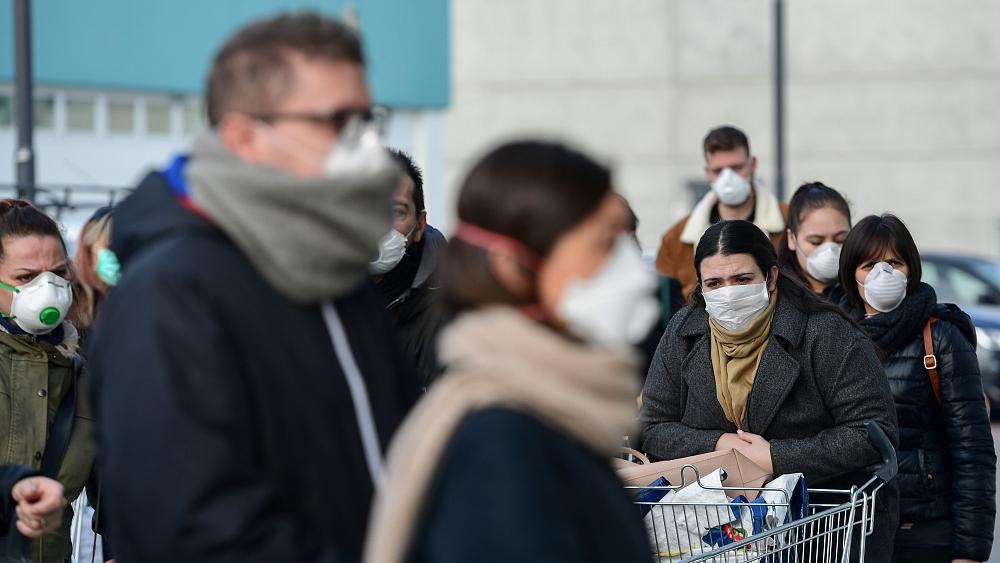As China struggles to get the epidemic under control, government-enforced lockdowns, transportation bans and strict quarantines have brought parts of the country to a standstill, with no end in sight. The outbreak has already killed more than 2,000 people, most of them in China.
Aimed at preventing the virus from spreading, the moves have had the collateral result of leaving millions of Chinese people frustrated and frightened, putting pressure on the government to offer them assistance in dealing with the emotional and psychological fallout of feeling trapped in their own homes.
Chinese state media reported this month that mental health services have been deployed across the country, and Li Keqiang, China’s premier, the No. 2 official after the president, demanded last week that further measures be taken to improve mental health offerings.
The crisis may be most acute in Wuhan, the center of the outbreak. The city has been on lockdown for four weeks, with its more than 11 million residents hunkered down inside their homes, afraid and reluctant to venture outside. Several neighboring cities have imposed the same conditions.
Our prayers are with them





















